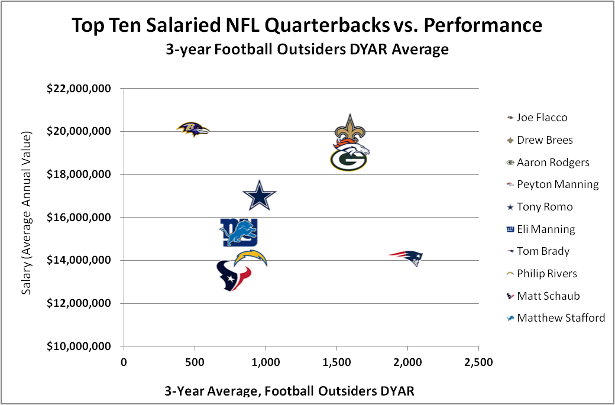 Although there are variables to every industry and organization, employee engagement is largely contributed to social connections created throughout the workplace, which is an enormous driver to productivity. Healthy company culture creates higher employee retention, motivation, and commitment to the overall organization and its future.
Although there are variables to every industry and organization, employee engagement is largely contributed to social connections created throughout the workplace, which is an enormous driver to productivity. Healthy company culture creates higher employee retention, motivation, and commitment to the overall organization and its future.
Last year’s Superbowl champions, the Seattle Seahawks, were by no means an overnight success. Head coach, Pete Carroll’s list of accomplishments come with controversy; however, it’s hard to not to take note especially since he’s won championships on both an NFL and NCAA level. Love him or hate him, his cutthroat management style can give us all a brief lesson on successful employee management and the importance of corporate culture.
Within Coach Carroll’s first year, he completely reorganized the Seahawks with 502 transactions. In a business perspective, these transactions take the form of layoffs, terminations and new hires. He was able to recognize that not only did poor performers need to be removed, but those who allowed an environment of poor performance needed to go as well. Reports have shown that poor performers have detrimental affects on productivity, because not only are they not upholding company standards, but they also influence coworkers with their bad habits. It’s difficult to implement massive organizational shakeups but, simply recognizing when cuts need to be implemented can be the determinant between creating a winning or losing team.
Unsurprisingly, decisions such as these are often difficult and unpopular. Last month, Percy Harvin, who contributed to the 2014 Superbowl win with an 87-yard kickoff return for a touchdown, was traded to the Jets. Although Harvin has had a lackluster performance this season, this mid-season trade still took many by surprise. It was later revealed the main objective behind the trade was due to Harvin’s anger management issues, which caused physical altercations with teammates and prevented him from fully fitting in with the team. Despite his contributions, the organization knew it was best to part ways.
Just as important as letting go weak links or those who are not a culture fit, retaining talent is also a vital contribution to an organization’s success. There’s no question that this is the reason why the highest salaries in the NFL are granted to quarterbacks who not only throw the most touchdowns, but also limit turnovers. Translating back to the business world, this shows that organizations must be able to recognize management achievement by rewarding and compensating accordingly. When managers are able to create a framework that creates great corporate culture, it not only creates durability for long-term success, but it opens the doors for new organizational opportunities.
How important do you think corporate culture is within the workplace?
Do you think strategies such as Coach Carroll’s are too drastic to apply to an organization whether big or small?
Do you see any other strategies organizations can borrow from the NFL?
Sources:
http://www.huffingtonpost.com/ian-sephton/an-nfl-guide-to-employee-_b_5683400.html
http://www.forbes.com/sites/sylviavorhausersmith/2013/08/14/how-the-best-places-to-work-are-nailing-employee-engagement/
http://www.si.com/nfl/2014/10/18/seahawks-percy-harvin-trade-jets-golden-tate#

